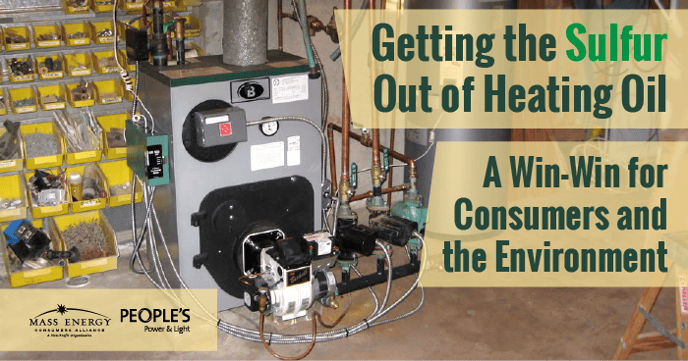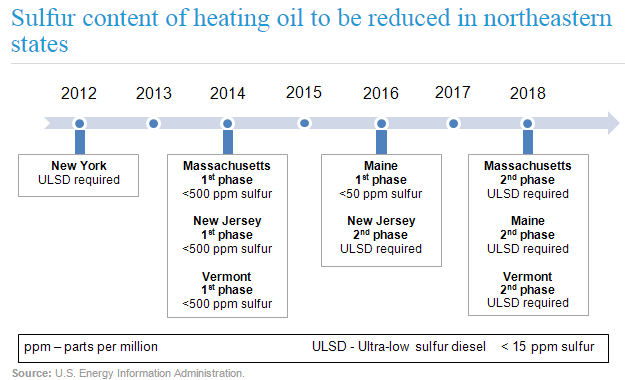Heating Oil Consumers Are Facing a Crisis Next Winter
Although Spring is in the air and we have so many current events of great importance, there’s reason to think...
Phil Lindsey
 Loie Hayes
Loie Hayes
May 23, 2022 8:00:00 AM
and



Comments